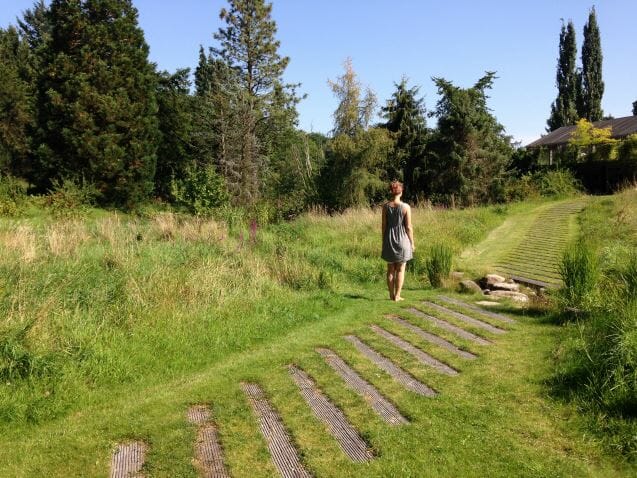Universitetsavisen
Nørregade 10
1165 København K
Tlf: 21 17 95 65 (man-fre kl. 9-15)
E-mail: uni-avis@adm.ku.dk
PhD thesis defense
PhD thesis defense — Dorthe Djernis 14 OCT at Arboretet
Date & Time:
Place:
Auditorium '15. Juni Fonden', Arboretet, Arboretvej 2, 2970 Hørsholm
Hosted by:
Section for Landscape Architecture and Planning, Department of Geosciences and Natural Resource Management (IGN)
Cost:
Free
Dorthe Djernis defends her thesis,
Nature-based mindfulness.
Investigation of bringing mindfulness into natural settings.
Supervisors:
Professor MSO Ulrika Stigsdotter, IGN
Associate Professor Jesper O. Dahlgaard, AU
Associate Professor Mimi Y. Mehlsen, AU
Assessment Committee:
Professor Terry Hartig, Institute for Housing and Urban Research, Uppsala University – Sweden
Professor Caroline M. Hägerhäll, Dept. of Work Science, SLU, Alnarp – Sweden
Professor Reinhard Stelter (chair), NEXS
Summary:
This PhD project explores the effectsof bringing mindfulness into a natural setting, as one way to meet the call for improvement of general health and wellbeing. Both being exposed to nature and being mindful is in support of health, and combining the two approaches may have synergistic effects. In the thesis I firstly presented what possibly mediates the health benefits of mindfulness, and found that e.g.self-compassion, awareness, neural network and cellular processes are possible mechanisms.Next I reviewed the literature on nature-based mindfulness interventions, that is, guided mindfulness in natural settings. I found 25 heterogeneous studies on interventions, that taken together had overallpositive effects. It seemed that meditating informally and in less cultivated nature had better effects. Lastly I made a project where stressed students had five-days residential mindfulness courses. I compared effects for the groups meditating indoors with those meditating in a natural setting, and as well a waitlist control group. The effects on self-compassion and mindfulness were positive and not different for the mindfulness groups. Interviews with teachers and students showed that both interventions were feasible, and both had advantages and shortcomings. The indoor environment afforded more stability during meditation, while nature seemed to facilitate positive emotions, energy and connection. Nature, the group as well as the mindfulness training were experienced to enhance the capacity to encounter stressful events. Adjustments for the nature-based meditation programme are suggested in the thesis.
The thesis is available for inspection at the reception at Rolighedsvej 23, 1958 Frederiksberg.
